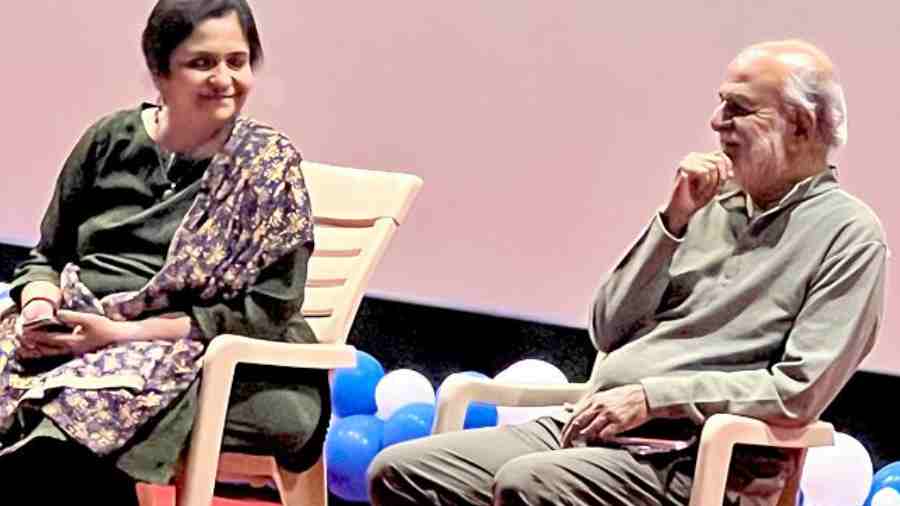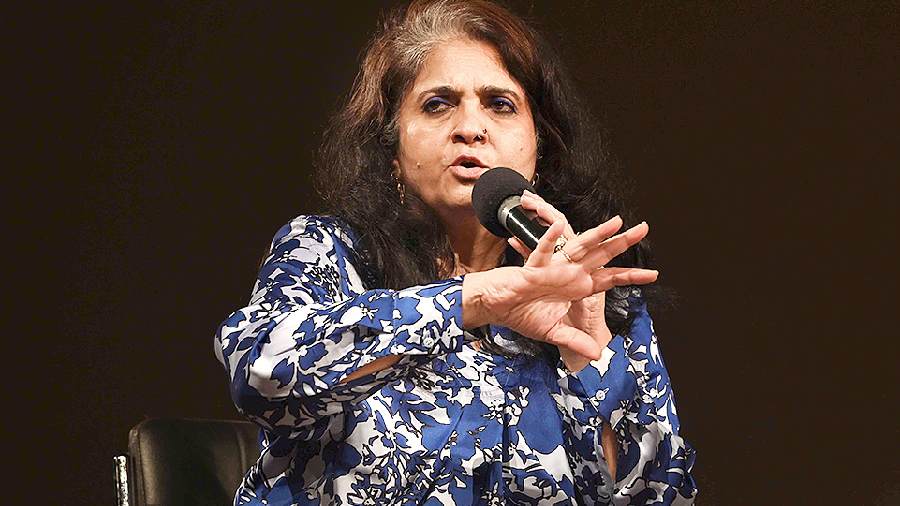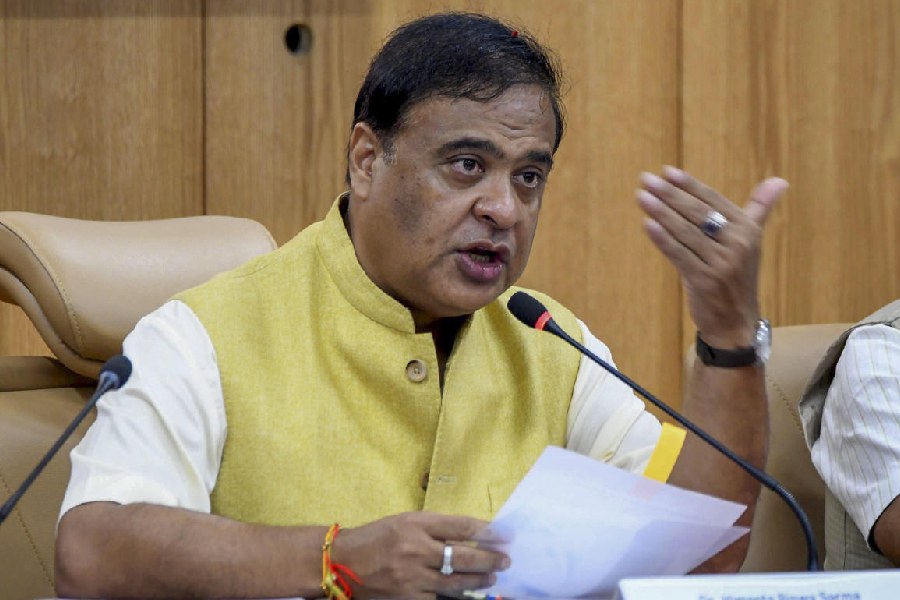Veteran journalist Shashi Kumar on Sunday said it was a “matter of shame” that some media outlets were willingly supporting the subversion of truth by the central government, whose majoritarian agenda was based on “othering a community based on religion”.
Kumar, delivering the Gauri Lankesh memorial lecture here on the slain journalist’s 61st birth anniversary, said one section of the media may have gone silent bowing to threats of advertisement loss and other consequences, “which is perhaps understandable”.
“What is not understandable is that in a good section of the mainstream media today there is a voluntary, almost enthusiastic, support for this process of subverting the truth. That a section of the media does this willingly is a matter of shame,” the chairperson of the Asian College of Journalism said.
He spoke of how “this alternative-fact regime is creating a make-believe environment around us under their agenda of majoritarianism, othering a community on the basis of religion, and creating a sense of political flux”.
Kumar’s address, titled “Threats to Journalism in New India”, was part of an event to commemorate the life of Lankesh, a senior journalist and trenchant critic of Hindutva who was gunned down on September 5, 2017, outside her home in Bangalore.
Kumar lauded those in the mainstream and digital media who were doing their job.
“The role of media is in giving the viewer, listener, or reader a vast spectrum of choice so that they can become informed citizens. And not a diet of only one kind of information, but a diet of democratic information, because an informed citizenry makes a democracy,” he said.
“If we say ‘democracy’ in one breath, we must be able to say ‘a free and independent media’ in the next breath. Otherwise that democracy is a sham. It is hollow.
“(Mere) elections do not make a democracy. Hitler and Mussolini were elected to power. Most of those who wrought havoc in the world and committed genocide were elected to power.
“We are living in difficult times now. The category of truth itself is being interrogated. What is the truth? We thought we had a fair consensus about what the truth is. But we, unfortunately, are living in an era (when) the sense of truth is upended in a deliberate and meticulous process.”
Kumar sought to remind pro-government media outlets that having an adversarial relationship with those in power was vital for the sustenance of free media.
“The job of journalism is to speak the truth. If you only need to multiply and amplify what those in power are saying, you are not different from the PRD (public relations department) attached to the government. You are making them redundant,” he said.
Rights activist Teesta Setalvad, president of the Gauri Memorial Trust that organised the event, said the weaponisation of the criminal justice system was endangering democracy in the country.
“We have seen how the criminal justice system has been weaponised. The UAPA (Unlawful Activities Prevention Act) is a draconian legislation,” she said.
“We, as citizens and media persons, need to ask for its repeal because it turns the criminal justice system on its head and it turns (upside down) our inherent belief that you are innocent unless proven guilty. Here, there is a presumption of guilt.”
Setlavad said the trust would organise lectures at various locations in the country to carry forward the message of justice.
Setalvad had been arrested last year and sent to judicial custody on the charge of fabricating evidence relating to the 2002 Gujarat riots. She spent 10 weeks in jail before the Supreme Court granted her bail.











